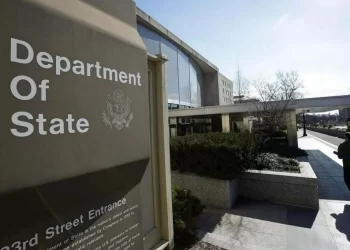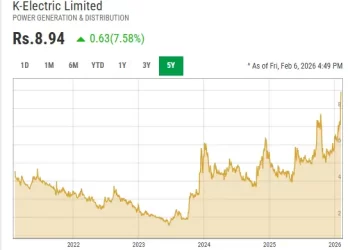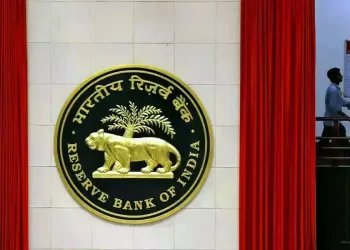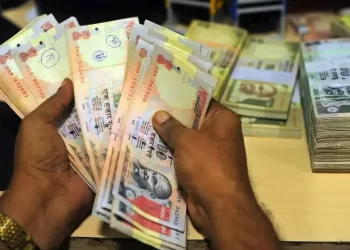KARACHI: Pak Suzuki Motor Company has been forced to shut down its manufacturing plant in Karachi due to a prolonged delay in the clearance of CKD kits at the port, following the strict implementation of WP29 UNR standards.
Shafiq Ahmad Shaikh, the head of corporate affairs at Pak Suzuki, confirmed that the company has been saddled with billions of rupees in demurrage and detention charges over the last 45 days as a result of the holdup in clearing completely knocked-down (CKD) kits at the port.
In a letter sent to the Ministry of Industries, the Pakistan Association of Auto Parts & Accessories Manufacturers (PAAPAM) has requested to allow one more year of deferral in implementing WP29 UNR regulations.
The letter highlighted the significant hardships parts suppliers face in meeting the new WP29 standards. While many vendors have achieved full compliance for the 17 affected components, they have had to shoulder the heavy costs of certification by foreign laboratories, as Pakistan lacks the necessary domestic testing facilities. This has strained their cash flows and resulted in a significant outflow of foreign exchange.
However, some vehicle models have been unable to attain WP29 certification due to a lack of technical support from Japanese vendors, who have been reluctant to collaborate with Pakistani firms or send their engineers to the country, citing concerns over country risk.
As a result, the Engineering Development Board has not been approving import quotas for automakers, leading some original equipment manufacturers (OEMs) to announce production shutdowns. This is expected to have a devastating impact on parts suppliers, potentially pushing many companies into financial ruin.
To address the crisis, PAAPAM has urged the government to grant a one-year deferral in the implementation of the WP29 regulations, allowing the industry more time to resolve the technical and logistical challenges it is facing. The association remains hopeful that these difficulties can be overcome with the support of OEM and Japanese vendors.
KARACHI: Pak Suzuki Motor Company has been forced to shut down its manufacturing plant in Karachi due to a prolonged delay in the clearance of CKD kits at the port, following the strict implementation of WP29 UNR standards.
Shafiq Ahmad Shaikh, the head of corporate affairs at Pak Suzuki, confirmed that the company has been saddled with billions of rupees in demurrage and detention charges over the last 45 days as a result of the holdup in clearing completely knocked-down (CKD) kits at the port.
In a letter sent to the Ministry of Industries, the Pakistan Association of Auto Parts & Accessories Manufacturers (PAAPAM) has requested to allow one more year of deferral in implementing WP29 UNR regulations.
The letter highlighted the significant hardships parts suppliers face in meeting the new WP29 standards. While many vendors have achieved full compliance for the 17 affected components, they have had to shoulder the heavy costs of certification by foreign laboratories, as Pakistan lacks the necessary domestic testing facilities. This has strained their cash flows and resulted in a significant outflow of foreign exchange.
However, some vehicle models have been unable to attain WP29 certification due to a lack of technical support from Japanese vendors, who have been reluctant to collaborate with Pakistani firms or send their engineers to the country, citing concerns over country risk.
As a result, the Engineering Development Board has not been approving import quotas for automakers, leading some original equipment manufacturers (OEMs) to announce production shutdowns. This is expected to have a devastating impact on parts suppliers, potentially pushing many companies into financial ruin.
To address the crisis, PAAPAM has urged the government to grant a one-year deferral in the implementation of the WP29 regulations, allowing the industry more time to resolve the technical and logistical challenges it is facing. The association remains hopeful that these difficulties can be overcome with the support of OEM and Japanese vendors.









